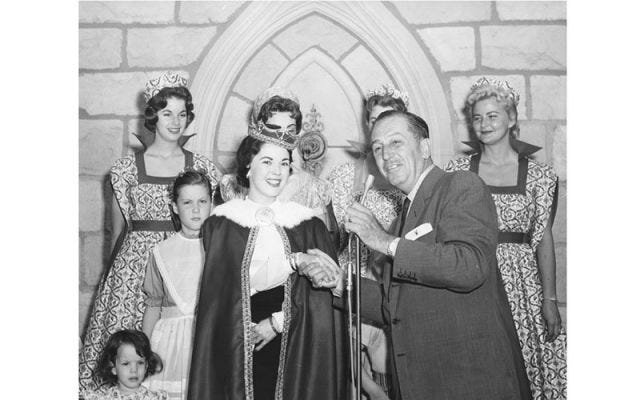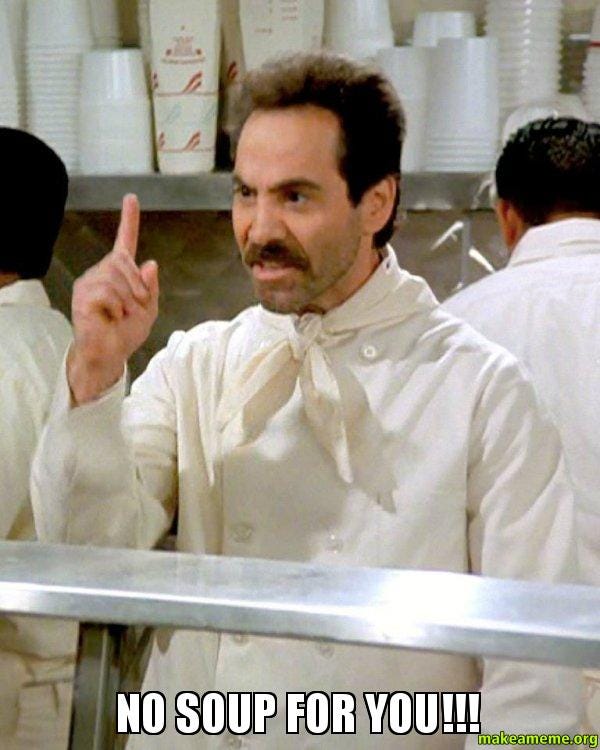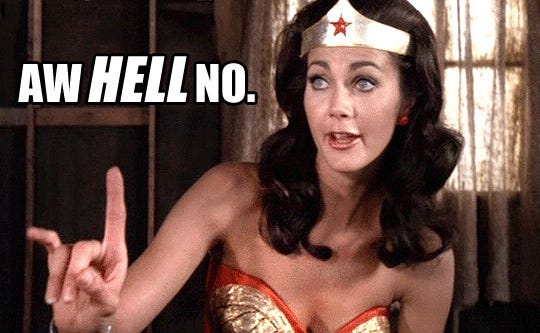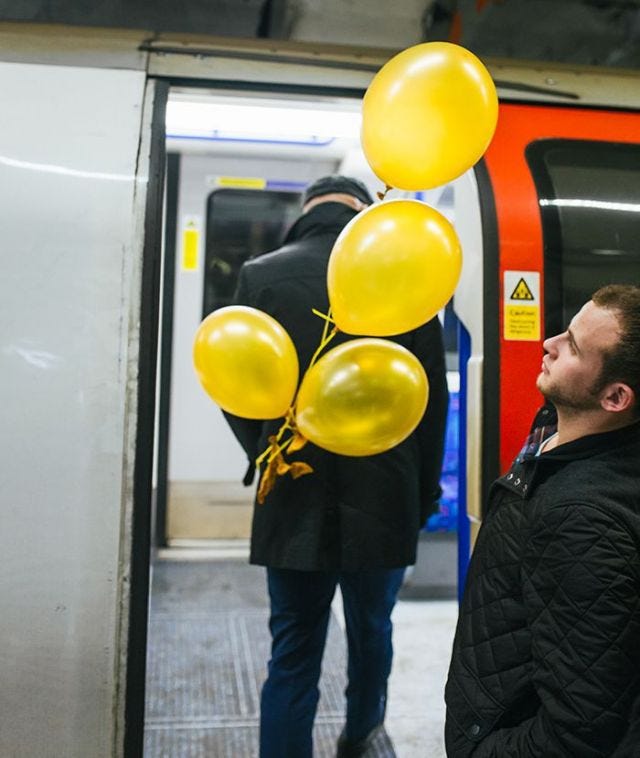EPISODE 112 -- RE: YOUR UPCOMING TRIP TO SUSAN

Shirley Temple (front left), opening Disneyland's castle.
Susan Temple (behind left), enduring another day in Hell.
POP CULTURE SPIRIT WOW
Do you ever wonder what happens when you die?
It’s a topic I love to think about (except when I am sick or on a plane -- then wow I am not a fan). Whether in books or movies or TV shows, I love stories about the afterlife, or Purgatory or Heaven or Hell or Susan or whatever you want to call it.
I remember as a kid looking through my parents’ books and finding these non-fiction accounts of people who had died and then come back. They were like the hopeful antidotes to the ten-cent paperbacks I used to buy in grocery stores about shark attacks, the Bermuda Triangle and alien abductions (all of which continue to terrify me). Everyone sees a white light, is reunited with their family, and lives happily ever after. (At least until they’re revived and stuck back down here with the rest of us.)

As an adult, my own ideas about the afterlife have tended towards a lot less clear resolution. In “The Last Battle”, the last book of The Chronicles of Narnia --which by the way are so much better as an adult than as a child; seriously, go read “The Voyage of The Dawn Treader”, the story of Eustace J. Scrubb will rock your world--C.S. Lewis imagines Heaven as this bucolic landscape, rivers and trees and hills where there’s always more terrain to travel; you’re always going “further up and further in”.
Personally, I like that notion that whatever happens when we die, it’s not the end of the journey. We were made with what seems like an endless capacity for curiosity and wonder and growth; it’s baked into the mold. Hard to believe that there’d be no further place or need for any of that with death.
Put another way, on some level I think we’re made for the road.

FYI: I'm told there are a lot of monkeys in Heaven.
There’s another great story about the afterlife by C.S. Lewis, The Great Divorce, in which life after death is this endless city stuck eternally in the dark before dawn. And for those who choose to stay there, it’s Hell. But if they want, they can instead take a bus up to Heaven, which is portrayed as just a beautiful pastoral landscape, all rivers and hills and trees.
Here’s the twist: most of those who take the trip decide to go back to Hell, usually because they’re welcomed to Heaven by someone they don’t want to deal with – someone who screwed them over in life, or annoyed them, or someone that they themselves hurt and they can’t deal with being forgiven.
Basically, Lewis’ belief is that going to Heaven however you imagine it pretty much always means having to let something go – whether an old wound or an old crime or a current addiction. And so staying in Heaven involves a definite “Can I rip the bandaid off?” kind of deal that most people just don’t want.
That makes just so much sense to me on a human level. Yeah, it’s dark down below and it seems like it’s getting pretty crowded and we’re all kind of miserable, but at least it’s miserable on our own terms. Don’t you tell me I have to let go!

So many great stories imagine what happens when we die. My boss on “Preacher” had us read Sum by David Eagleman, which offers 40 different images of the afterlife. There’s one where you relive your whole life, but with all like experiences grouped together – “For five months straight,” he writes, “you flip through magazines while sitting on a toilet.” There’s another where the only people there are the ones you remember (which actually makes for a very lonely existence); and another where you continue to exist until no one on earth remembers you (which can be pretty awful, too).
There are afterlifes where God is imagined as a married couple, or a stupid species of creature who created human beings to find answers to the questions they couldn’t; or has locked himself in his room, haunted by the pain he’s allowed to happen in the world.
A Jesuit poet I love, Peter Steele, wrote a poem about the afterlife I’ve always wanted to use in a TV show. It’s called “Mexican Night”, and it imagines that Tuesday night in Heaven is Mexican night. St. George is whipping up his famous chili con carne (“which has a slightly dragonish tang”), Rabelais “is piling golden rice upon red chicken fricasee with pumpkin seeds” (God I love that description), while St. Peter, “incurably workaholic,/snacks on tacos at the gate of the biggest/hacienda of them all.”
Before I moved to California I’m not sure I fully appreciated this, but now I can say it with certainty: if I find no guacamole in Heaven, I’ll know I’m actually in Hell.

++
The thing that got me thinking about all this in the first place is a new sitcom called “The Good Place”, which stars Kristin Bell (from “Veronica Mars”, “Frozen” and this) as a woman who is mistakenly placed in “The Good Place” instead of “The Bad Place”, and tries to keep it a secret.
The show was created by Mike Schur, who wrote on the U.S. version of “The Office”, then co-created “Parks & Rec” and “Brooklyn Nine-Nine”. And it’s just so much fun, as snarky as it is sweet, and with a take on life after death that extends way beyond any one religious tradition. (Honestly, as a Christian I'm just relieved it avoids the typical two religious stories on TV: "Touched by an Angel" sugar coma, and WHY IS HER HEAD TURNING WHILE SHE SPEWS DOG FOOD.)
It also stars Ted Danson, who if you think about it has got to be the most successful TV actor of the last thirty years. And he’s hilarious and wonderful. Really, it's a fun show with great twists.
++ LINKS ++
I’m not sure that anyone really “won” the presidential debate on Monday. In fact, I think that way of thinking about these debates is probably not that useful.
But you know what does win? The “Hillary Shimmy Song”. Seriously, it’s the 2016’s answer to “Yes We Can”.
And what else wins: This short article about how the female staffers in the Obama administration worked together to make sure they were heard.
(Maybe the best insight I heard after the debate is that “That wasn’t very nice, Hillary” is just another version of men telling women to smile.)
Speaking of winners, this article about the congratulatory letters golfing legend Arnold Palmer used to send to young golfers is pretty amazing. (And here’s another about a letter he sent to a high school student.)
Lastly, I love this story of a London photographer capturing stories on the Tube. Like this one:

This week I asked my 7-year-old nephew Patrick to describe Heaven. His answer: “Jumpy houses. Ice cream. Rainbows. Musicals.”
May your week include at least one of those. (I’m hoping you get jumpy houses.)

